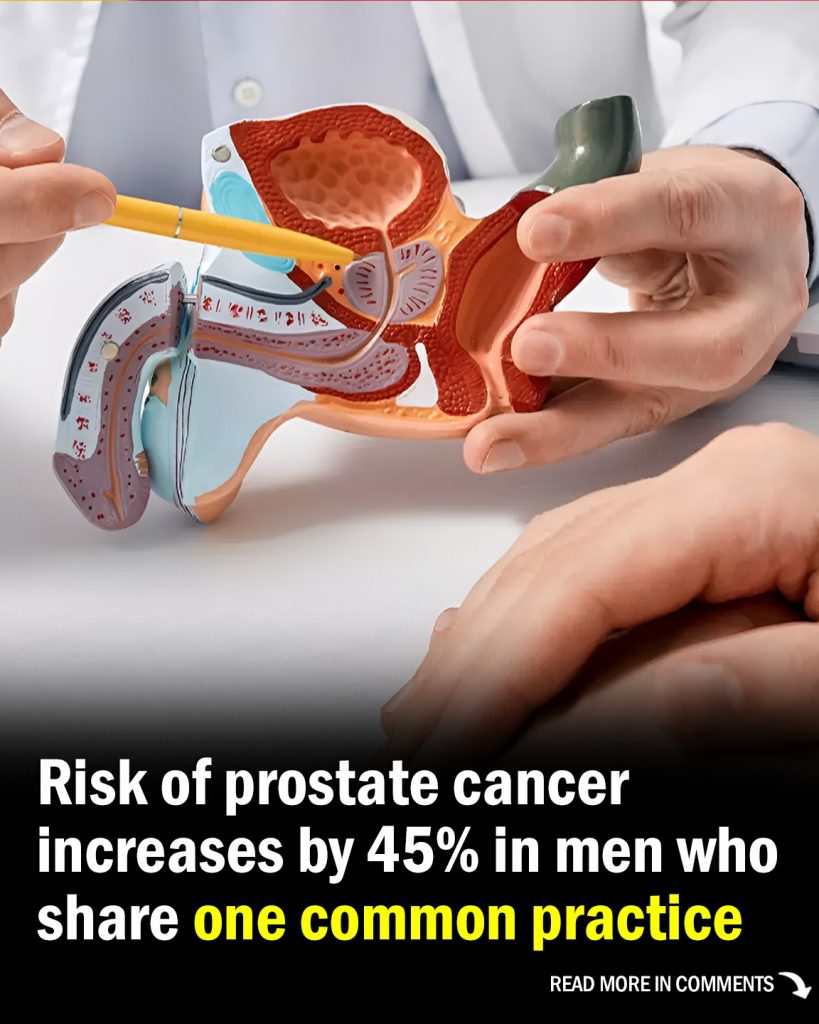
According to the American Cancer Society, 1 in 8 men will be diagnosed with prostate cancer at some point in their lives. It’s now the second leading cause of cancer-related deaths in men, right behind lung cancer. The good news? Many survive and continue living full, healthy lives—especially if it’s caught early. That’s why early detection plays a crucial role in beating prostate cancer.
How to Reduce Your Risk

There are many known risk factors for prostate cancer, including age, race (it’s more common among African American men), family history, and overall lifestyle. Some risk factors—like smoking, poor diet, obesity, and lack of exercise—can be changed. But the most effective way to lower your risk? Regular screenings. Skipping this simple test can raise your risk by up to 45%. Catching it early means faster treatment and a better chance of recovery.
What the PSA Screening Studies Reveal
The European Randomized Study of Screening for Prostate Cancer (ERSPC) tracked tens of thousands of men across seven countries for over 20 years. The results showed that routine screening can cut the risk of dying from prostate cancer by about 20%. Still, fewer men are going for screenings each year—a concerning trend that’s been linked to rising prostate cancer rates. This was confirmed by researchers at the Erasmus MC Cancer Institute in the Netherlands.
Key Findings from the Netherlands

In a study involving over 72,000 men, researchers found that 1 in 6 skipped all their screening appointments. Those who didn’t attend were 45% more likely to die from prostate cancer. According to lead researcher Dr. Renée Leenen, many of these men fall into a category called “care avoiders”—people who generally ignore preventive healthcare. On the other hand, men who do show up for screenings tend to live healthier lifestyles overall.
Why Some Men Avoid Screening

It’s still unclear why so many men skip these life-saving appointments. Dr. Leenen believes that understanding their reasons could help shape better education and outreach programs. These insights were recently shared at the European Association of Urology Congress in Madrid, aiming to bring attention to this growing health concern.
Lifestyle Matters Too
Men who go for regular screenings often also take better care of themselves in other ways—staying active, managing stress, and eating well. But those who avoid screenings often cite reasons like denial, fear, a busy schedule, or discomfort with the procedure. Some even feel that prostate exams are emasculating, which discourages them from going.
Good News: Screenings Are Easier Now

Many men still associate prostate screening with the uncomfortable digital rectal exam. While this method is still used in some cases, it’s mostly been replaced by the Prostate-Specific Antigen (PSA) test—a simple blood test that measures PSA levels to detect potential issues. It’s quick, non-invasive, and could be the key to catching cancer early.
Final Thoughts
Prostate cancer has several risk factors, but the easiest and most effective way to stay ahead of it is through regular screening. Today’s tests are simple, and doctors now have more accurate tools like MRIs and biopsies to confirm diagnoses. You have everything to gain and nothing to lose by taking the test. If it’s clear, you’re good for another year. If it shows something, early treatment could make all the difference. Ignoring it, however, could have serious consequences.
Disclaimer: This content is for informational purposes only and should not be used as a substitute for professional medical advice. Always talk to your doctor about any health concerns or before making any changes to your healthcare routine.